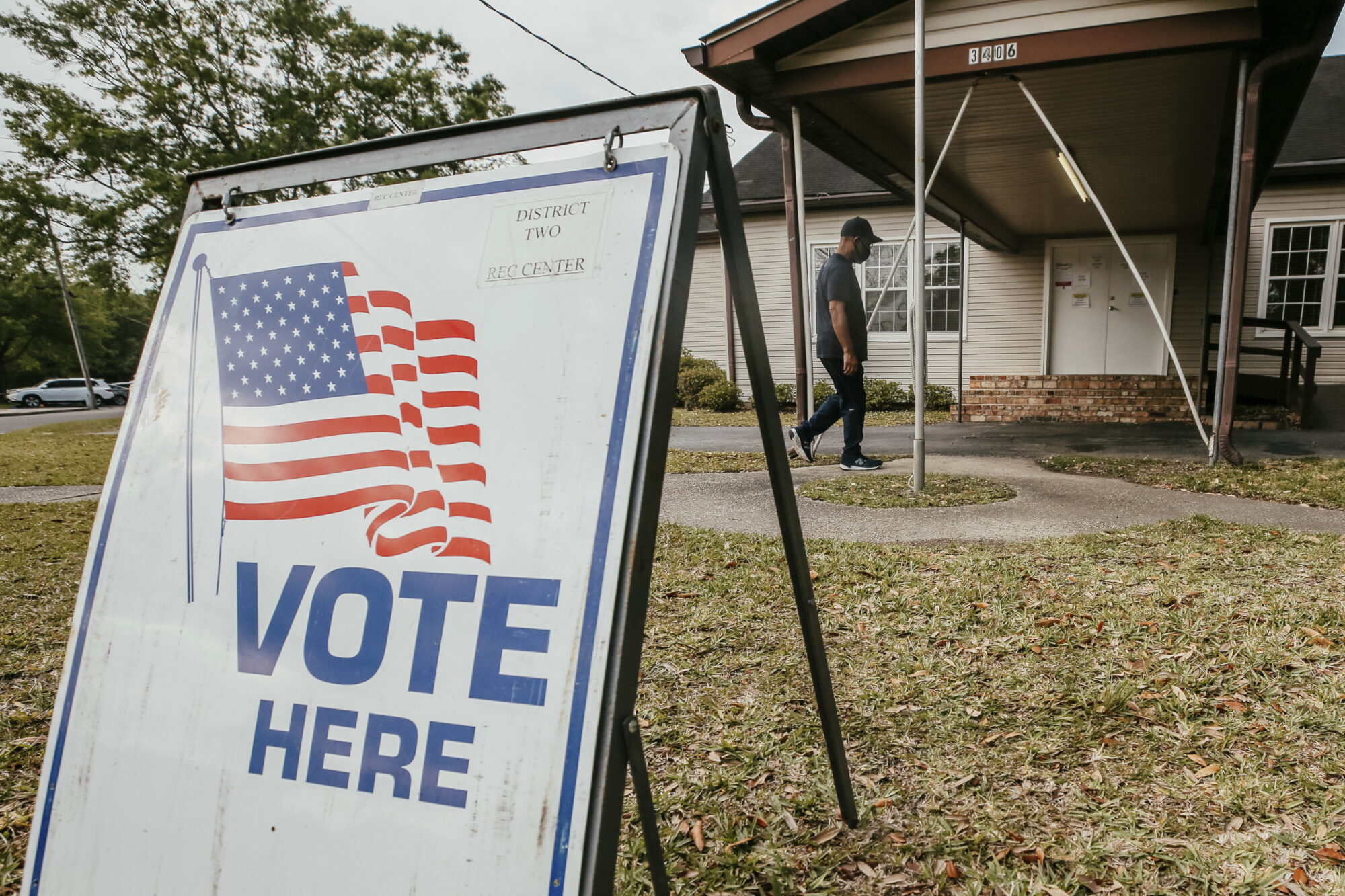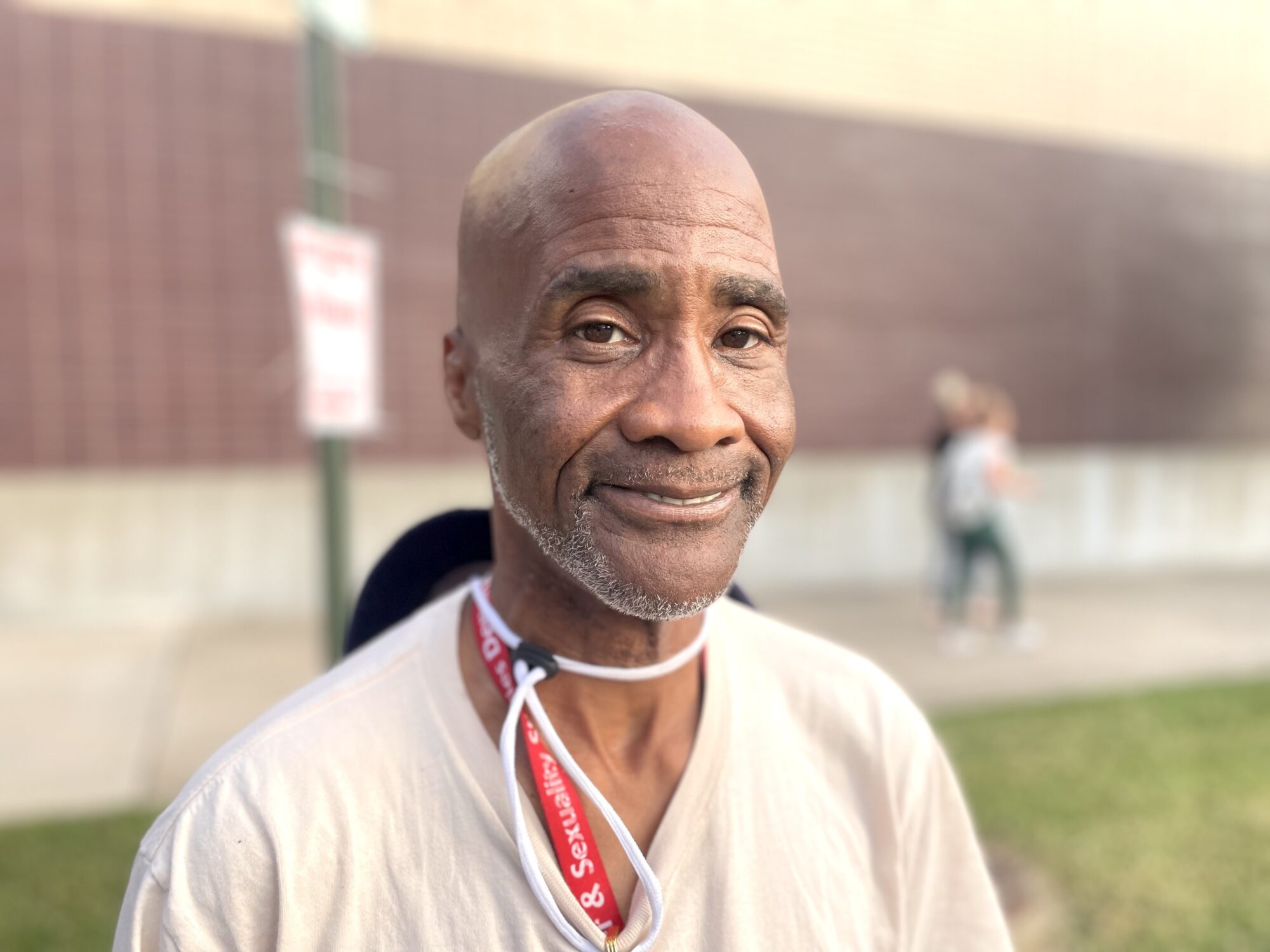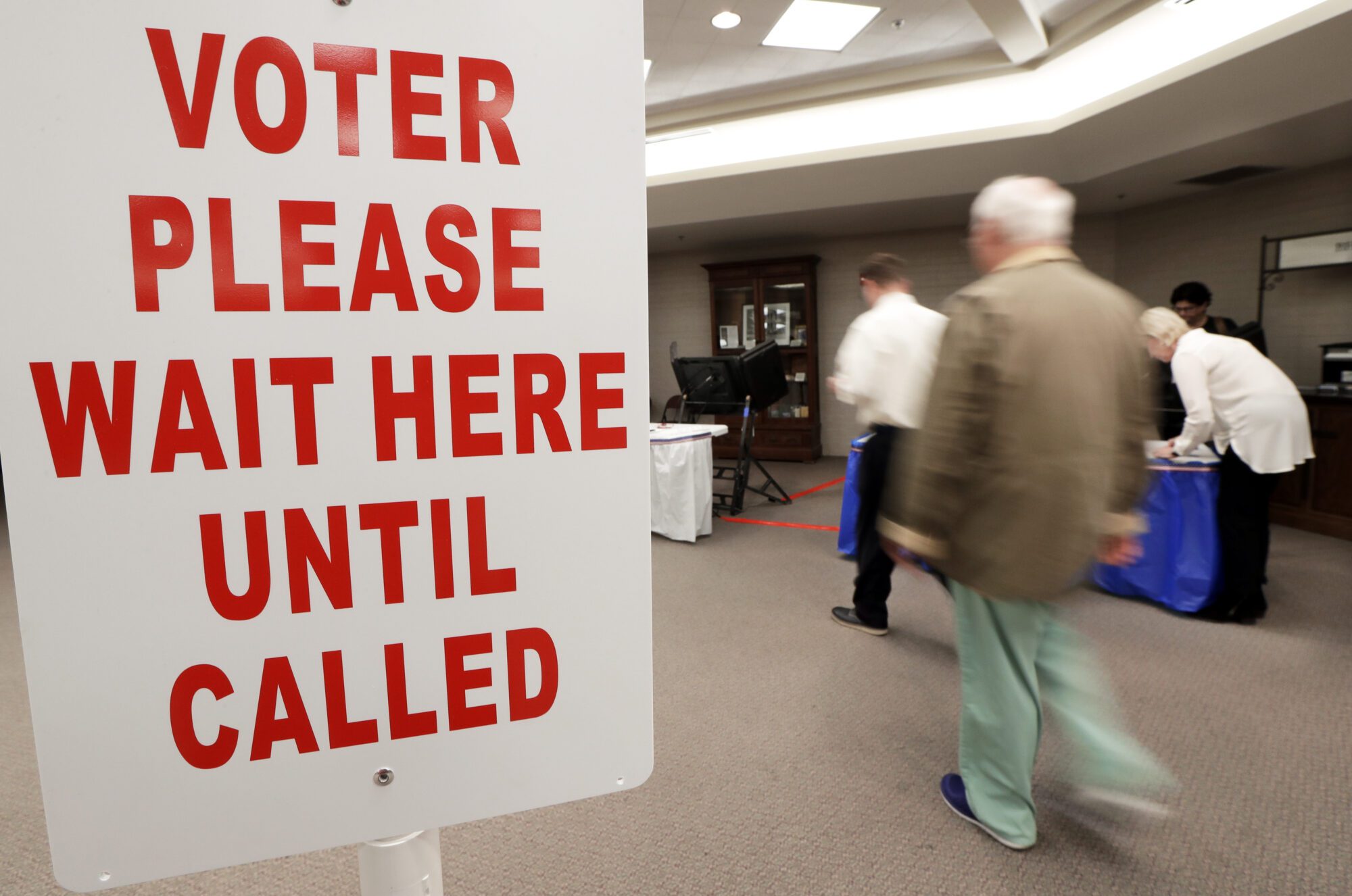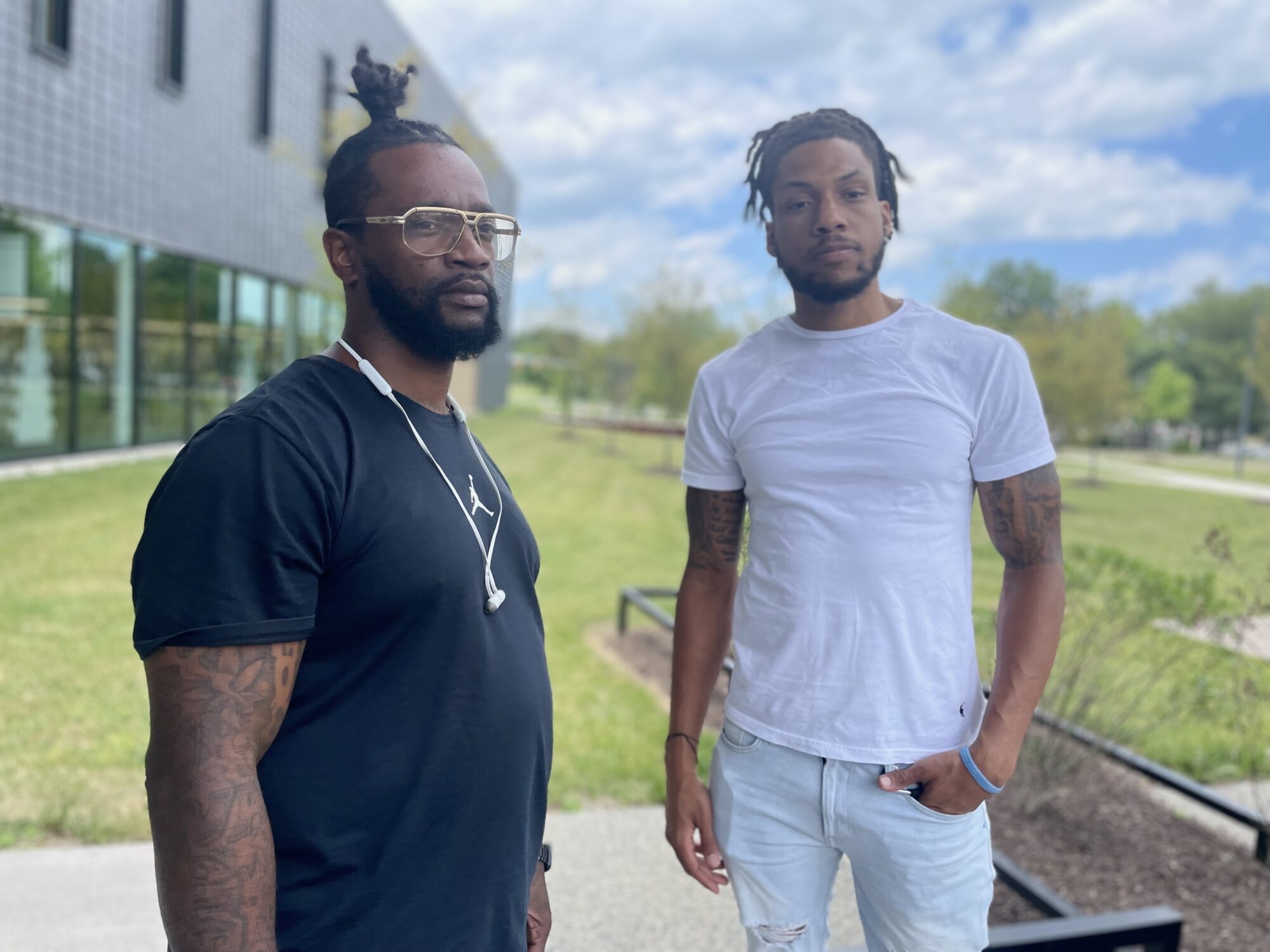After “Glimmer of a Moment,” Mississippi Once Again Shuts Out Aspiring Voters
As the state votes next month, many residents with past felony convictions remain barred from voting for life even though a federal court ruled in August that the practice is cruel, unusual, and racially discriminatory.
Alex Burness | October 27, 2023


This is the final installment of Bolts’ series on the people blocked from voting due to a past criminal conviction in places that are electing their state governments in 2023. Revisit our earlier articles on Kentucky and Virginia.
Paloma Wu allowed herself a moment of celebration in August, when a panel of three federal judges on the Fifth Circuit Court of Appeals issued a shock decision to strike down Mississippi’s longstanding practice of permanently stripping voting rights from people convicted of certain felonies. By disenfranchising people “forever,” the panel ruled, the state was violating constitutional protections against cruel and unusual punishment.
Wu, who helped file the case as an attorney at the Southern Poverty Law Center and now works at the Mississippi Center for Justice, told Bolts the ruling was “one of the most meaningful things in our community of many, many, many people who are fighting like hell in Mississippi.”
“The people of Mississippi, in their struggle, felt recognized for a glimmer of a moment by the judicial system,” she added.
The moment lasted just eight weeks. After Mississippi’s Republican officials appealed the panel’s decision, the full Fifth Circuit in late September agreed to hear the case en banc. That means its entire bench of judges, a famously conservative lot, will issue a new decision at an undetermined time in the future.
The announcement vacated the August panel ruling. And it shut the door on the tens of thousands of Mississippians who could have benefited from the August ruling and taken part in the state’s Nov. 7 elections for governor, lawmakers, all prosecutors, and many other offices.
“We’re living in the community, driving on the streets, working our jobs—but our voice isn’t heard,” said Cornelius Clayton, a Mississippi resident. Clayton was convicted of theft in 2007 and served one year in prison, but he has been disenfranchised ever since. He will once again not be able to vote this fall.
“We make mistakes along the way, as teenagers or younger adults or whatever, and the first thing they do is strip away our rights,” he told Bolts.
Mississippi has one of the nation’s harshest disenfranchisement systems. Nearly all states take away voting rights for some period of time after a felony, but the vast majority restore them when people are released from prison or complete their sentence. In Mississippi, though, people who are convicted of any of 23 categories of charges lose their voting rights for life. (People convicted of felonies that aren’t on that list don’t lose their rights.)
According to an analysis conducted by the Sentencing Project, a national research and advocacy organization, roughly 240,000 Mississippians were barred from voting as of the 2022 midterms; that’s nearly 11 percent of the state’s voting-age population, the highest rate in the nation. Estimates vary as to the exact number of people who are disenfranchised, with the plaintiffs behind the lawsuit saying the figure may be lower; the state has no transparent record and the list of disenfranchising felonies has evolved over time, making the task of identifying—and reaching out to—affected Mississippians tricky.
The state technically allows people to regain their rights if they receive a pardon from the governor, or if the state adopts a law with the specific purpose of enfranchising them, but such acts are vanishingly rare. Only seven individuals regained their voting rights this way in 2021 and 2022, and zero this year, Mississippi Today reported.
A bill that would have restored Clayton’s voting rights passed the House this spring before dying in the Senate.
Most people who are disenfranchised in Mississippi are Black, though Black people represent 38 percent of the population. According to the Sentencing Project, 16 percent of Black adults in the state are barred from voting, the second highest rate in the nation behind only Tennessee.
That is no coincidence. The politicians who set up the practice of lifetime disenfranchisement as part of Mississippi’s 1890 constitution openly said that their intent was to exclude Black people from the electorate.
They chose to tie disenfranchisement only to specific felonies of which they thought Black residents would be likely to be convicted. The state has since expanded the list of disenfranchising offenses, but there are massive inequalities in its criminal legal system and Black residents continue to suffer the brunt of disenfranchisement. Voting rights lawyers have argued that these disparities violate the Fourteenth Amendment’s promise of equal protection, and the three-judge panel ruled in August that the constitutional provisions of 1890 have over time been “remarkably effective in achieving their original, racially discriminatory aim.”
“Mississippi was voting in an extraordinary majority of Black representatives at every level” in the late 19th century, Wu said. “The constitution of 1890 wiped them off the rolls, and the ability of people in Mississippi to elect the candidates of their choosing has been severely hampered and never given back.”
Mississippi has many other restrictive rules that make it one of the least convenient places in the U.S. to cast a ballot, especially for Black residents, from harsh voter ID laws to heavy restrictions on early and absentee voting. Officials have closed many polling places in recent years.
Even when the federal panel struck down disenfranchisement and vindicated their arguments, voting rights advocates in Mississippi were careful not to urge people affected by the ruling to register to vote. They suspected that the law would be revived and wanted to minimize the whiplash.
“We realized it was monumental in and of itself and that there was still a big old fight ahead,” said Arekia S. Bennett-Scott, executive director of Mississippi Votes.
She explained that fighting confusion about voting rules is nothing new to a civil rights group like hers. Time she and others might otherwise spend on voter outreach or on advocacy for various policy changes is often devoted to clarifying what state law actually says.
Many Mississippians mistakenly think they’ve lost the right to vote, Mississippi Today has found. Those who have been convicted of felonies can still vote, even while incarcerated, if their charges are not on the state’s disenfranchisement list—but the government offers little voter education and public outreach on these issues.
Even people in charge of the system often don’t seem to know what’s going on, Bennett-Scott told Bolts. “We’ll call a prison or a jail and ask if we can come in and do voter registration,” she said, “and before we even get to the point of talking to folks serving time, we have to spend a lot of time with faculty to explain the category of people who are ineligible to vote, and why it’s legal for some other people who were not convicted of felony disenfranchisement crimes to still vote.”
Other states with harsh disenfranchisement laws are also prone to mass confusion around who is eligible to vote. Civil rights organizations and formerly incarcerated organizers are often left to pick up the slack and to ensure that people are informed of their rights. Two of the four states besides Mississippi that are selecting their state governments this fall, Kentucky and Virginia, enforce lifetime bans on voting against many of their residents. They are sidelining large and disproportionately Black swaths of their respective population, and their leaders have made matters worse this year with government errors and failures in communication.
Mississippi’s Republican governor, Tate Reeves, who is running for reelection this fall, has been hostile to loosening disenfranchisement rules. He vetoed a bill last year that would have made it easier for someone whose conviction is expunged to regain the right to vote.
He faces Brandon Presley, who is aiming to become the state’s first Democratic governor since 1999. Democrats have poured in resources into winning this race, pointing to a fraud scandal that has engulfed Reeves. The state’s GOP-run legislature, control of which is on the ballot as well, has killed other legislative proposals to expand rights restoration.
Also running for reelection this year is Attorney General Lynn Fitch, who appealed the federal panel’s ruling striking down disenfranchisement. Kemp Martin, Fitch’s Democratic challenger, has said she would drop the state’s appeal and she has denounced the state’s felony disenfranchisement laws alongside Ty Pinkins, the Democratic nominee for secretary of state.
When results roll in from Mississippi on Nov. 7, Wu said she’ll view them with an asterisk.
“Every time you’re at the polls in Mississippi,” she said, “there are ghosts standing behind you that should be there, but for the race-based hitching of the criminal legal system to the power of the vote.”
Stay up-to-date
Support us
Bolts is a non-profit newsroom that relies on donations, and it takes resources to produce this work. If you appreciate our value, become a monthly donor or make a contribution.




